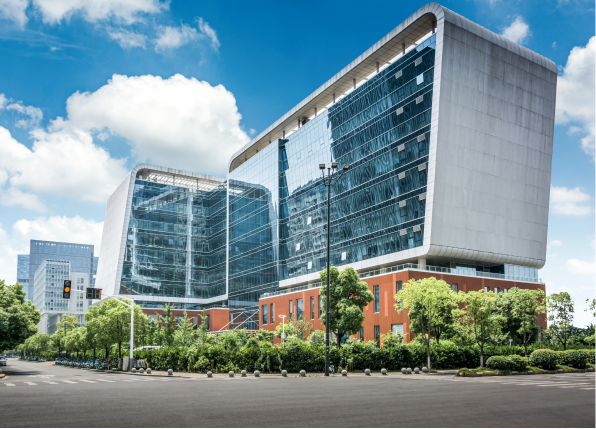Gastroenterology
- Home
- /
- Gastroenterology




The Department of Gastroenterology at Sunrise offers comprehensive care for a wide array of gastrointestinal and hepatobiliary disorders. Our services are specifically tailored to treat conditions such as - Gastroesophageal Reflux Disease (GERD), - Irritable Bowel Syndrome (IBS), - Peptic Ulcers, - Colitis, - gallbladder diseases, - pancreatitis, - various nutritional problems. We utilize state-of-the-art technology and the latest treatment methods to perform diagnostic and therapeutic procedures including - - endoscopy, - colonoscopy, - and sigmoidoscopy in our advanced facilities. These procedures are integral to our ability to diagnose issues accurately and administer effective treatments. Our patients receive care from a multidisciplinary team of seasoned gastroenterologists, supported by the latest treatment modalities and top-tier surgical and intensive care units. This collaborative approach ensures that both outpatients and inpatients receive the highest standard of care suits to their specific needs.
Personalized Treatment Plans
Advanced Technologies and Techniques
Personalized Wellness



The Gastroenterology Department offers a comprehensive range of services to diagnose, treat, and manage digestive disorders. These services include endoscopy procedures such as colonoscopy, gastroscopy, and ERCP for the evaluation and treatment of gastrointestinal (GI) conditions. The department also provides specialized care for liver diseases, including hepatitis and cirrhosis management, as well as treatment for inflammatory bowel diseases like Crohn's disease and ulcerative colitis. Other services encompass the diagnosis and management of gastrointestinal cancers, esophageal disorders, pancreatitis, irritable bowel syndrome (IBS), and nutritional disorders. Advanced diagnostic imaging, such as ultrasound, CT scans, and MRI, is available to support accurate diagnosis and treatment planning
Dr. Lakshminarayan Bhat (MBBS, MS, DrNB) is a Gastro surgeon with 6 years of experience in diagnosing and treating a wide range of gastrointestinal conditions. His empathetic approach, clear communication and surgical expertise makes him a trusted and reliable surgeon in the community.
Dr. Ganaraj Kulamarva (MD, DM) is a well experienced gastroenterologist providing comprehensive and personalised care. With a compassionate approach and focus on patient- centered care Doctor is dedicated to improving the quality of patient life suffering from gastrointestinal ailments.
Dr. Shivaprasad (MD, DNB) is a well- known Gastroenterologist with 15 years of dedicated practice, specialises in treating a wide range of gastrointestinal disorders. Skilled in performing advanced endoscopic procedures ensuring accurate diagnosis and effective treatment plans.

Where Compassionate Care Meets Healing Excellence.
Your Pathway to Wellness Begins Here.
KIMS Sunrise Hospital Ashwini nagar, Kasaragod, Kerala 671121
32AACFK7766P1ZR
Copyright © 2024 IPIX. All Rights Reserved